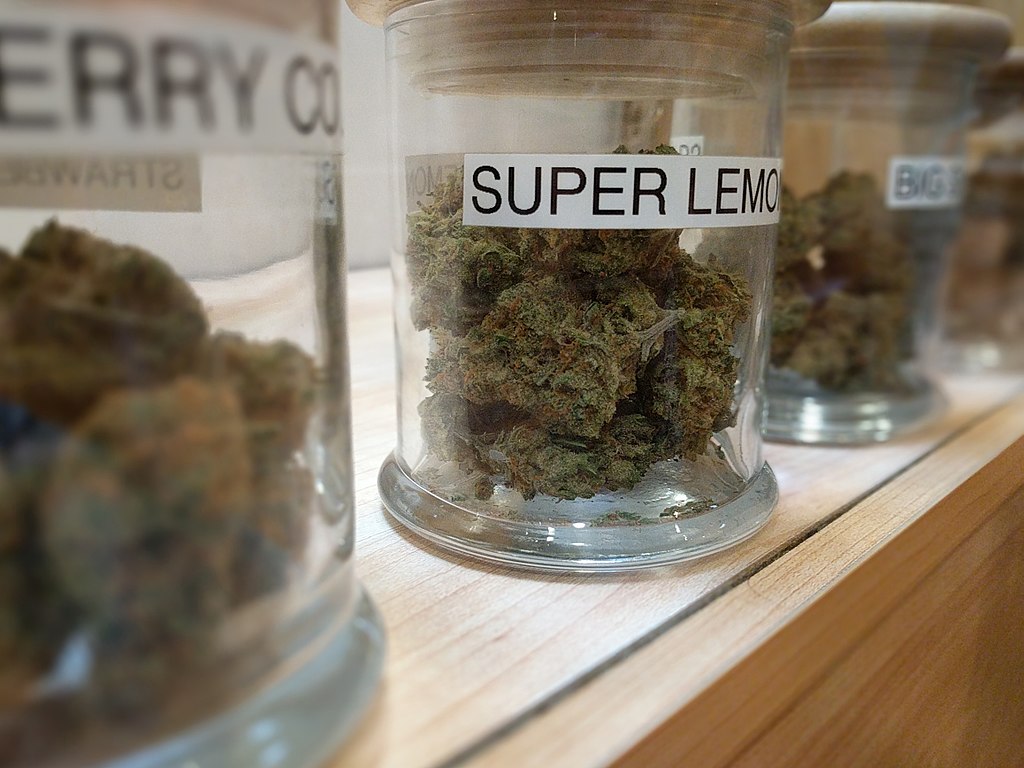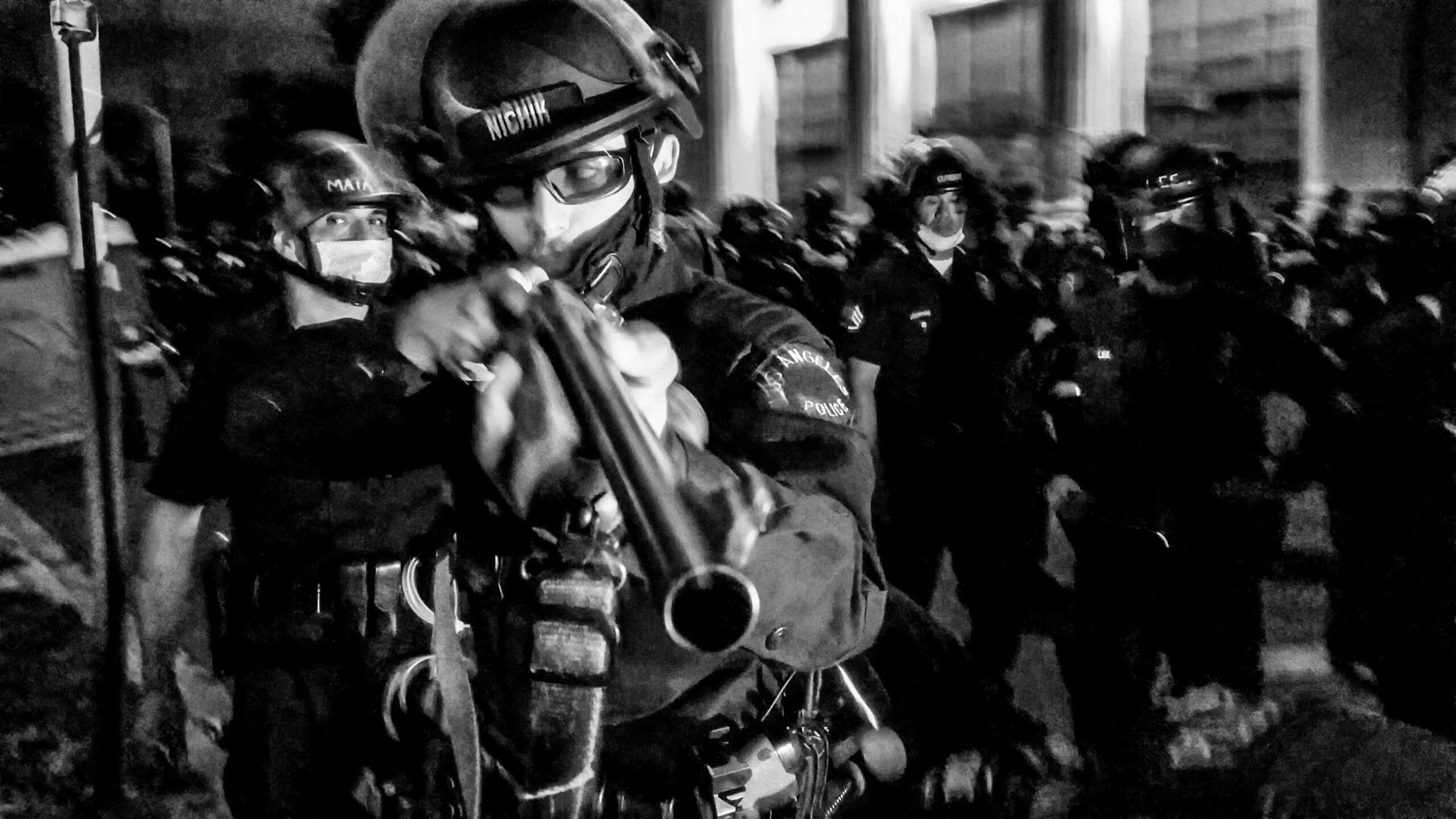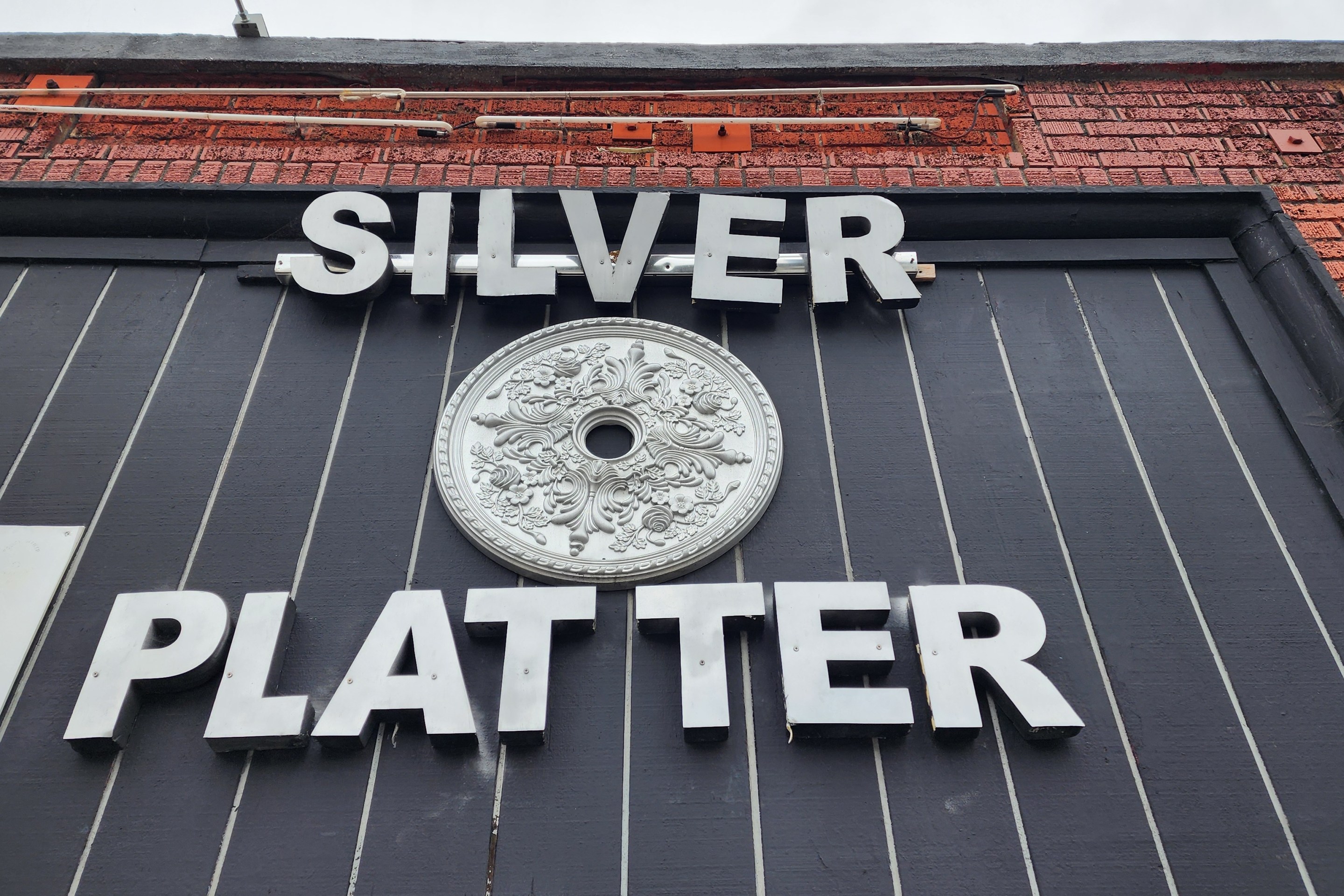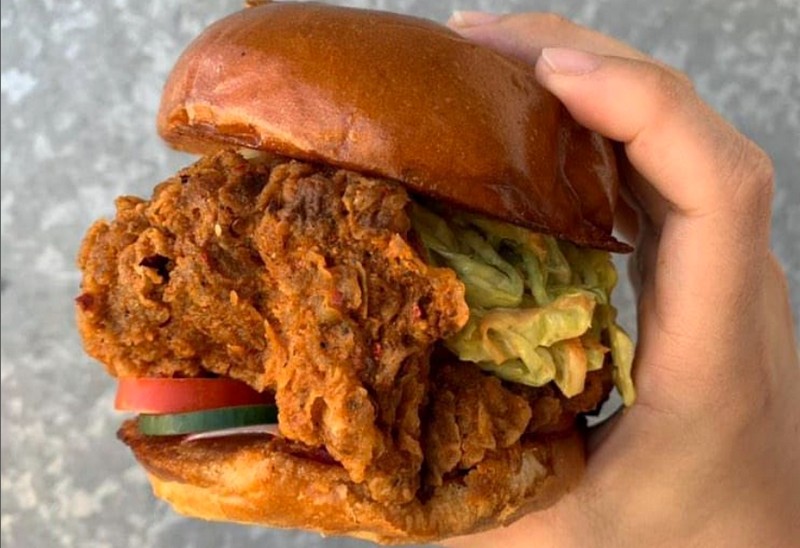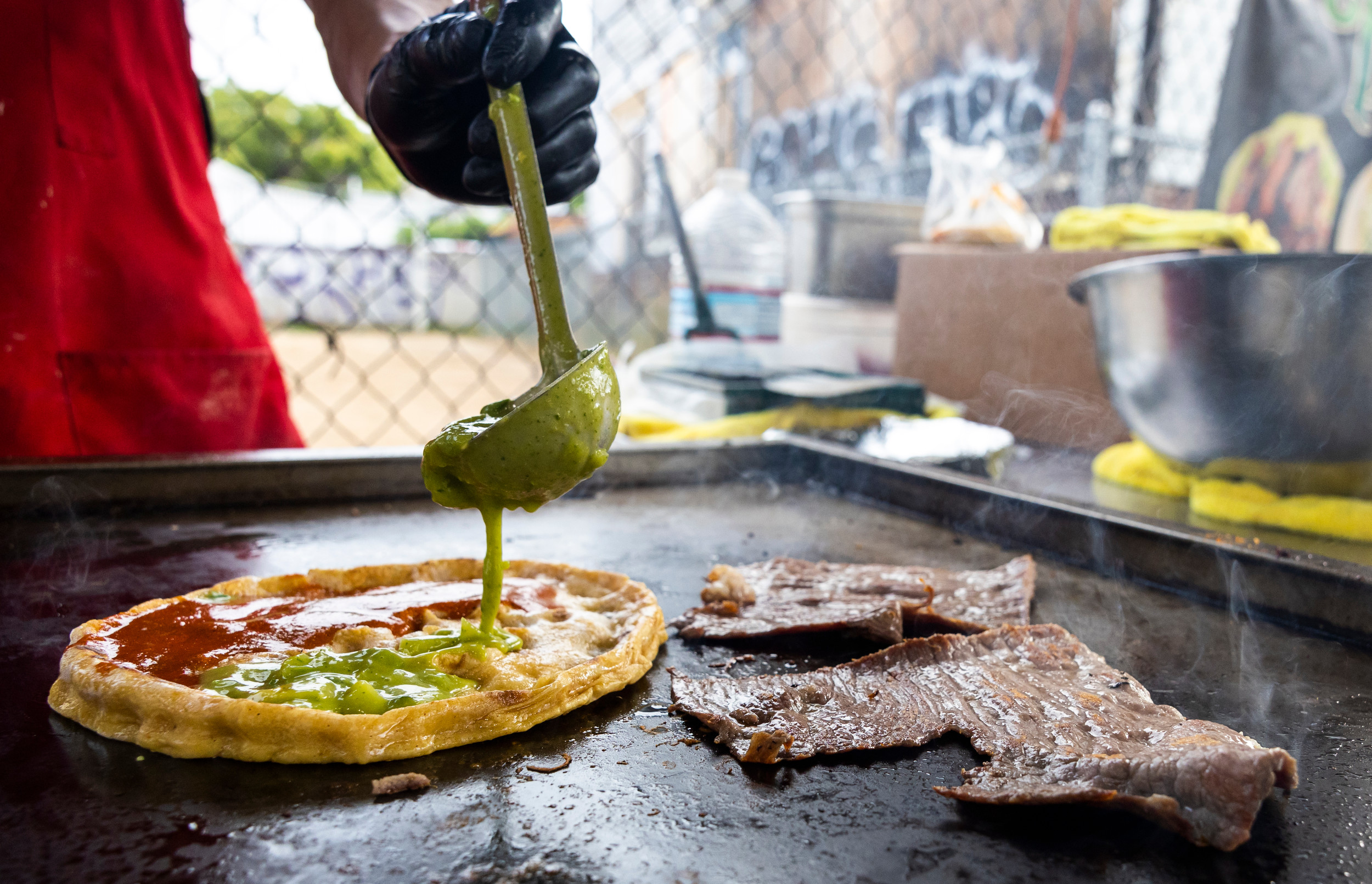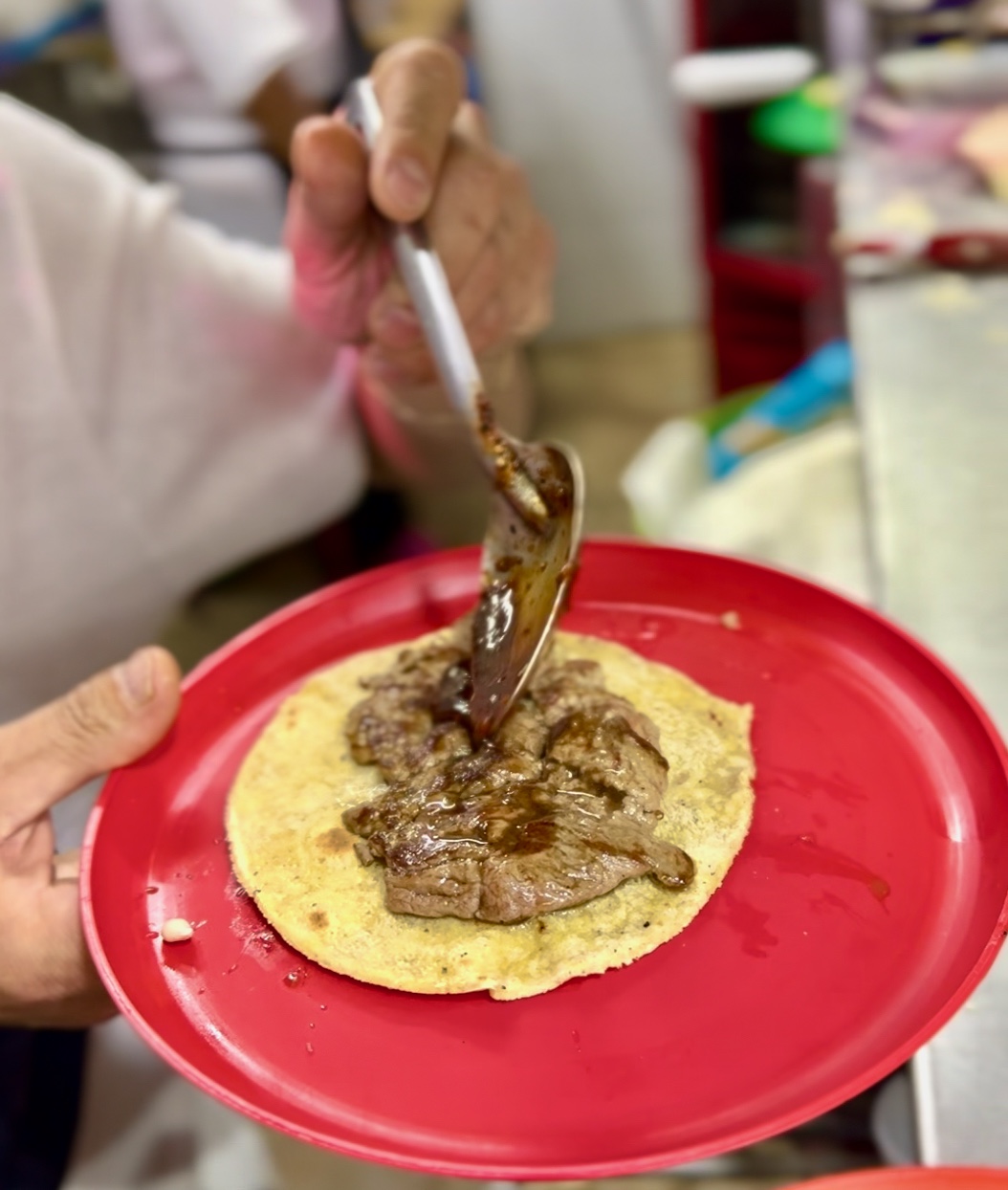[dropcap size=big]A[/dropcap]ll eyes are on Los Angeles as it is poised to be the largest municipality in the country to legalize commercial cannabis. It’s been six months since that process began, and so far it has been a series of stop-and-go progressions, minor victories, and major frustrations.
The city of L.A. has had a total of three public servants overseeing the entire transition to a legal weed market. That’s for a jurisdiction of 4 million people. The most important phase of this process — which gives people who were most affected by the drug war a shot at the industry — has been delayed by at least five months.
The state of California began issuing cannabis licenses on January 1, the first day adult-use recreational cannabis became legal to sell in the Golden State. Los Angeles opened its application process two days later.
This kicked off Phase 1, a priority processing period in L.A. that was open only to existing medical marijuana dispensaries. These shops are generally classified as being longstanding operators and in compliance old rules that gave medical marijuana collectives “limited immunity” from prosecution before commercial cannabis was regulated.
Phase 2 of licensing is for non-retail operations: cultivators, manufacturers, and others who were up-and-running before January 2016. These applicants must also be participating in the “social equity” program, a system designed to give a leg-up to those Angelenos hit disproportionately hard by the war on drugs.
This phase was scheduled to end on April 1. On Monday, at the first ever meeting of the Los Angeles Cannabis Regulation Commission, regulators announced Phase 2 would begin on August 1. A rollout date for Phase 3, intended for the general population, has yet to be announced.
The financial implications for the city are huge, with revenue estimates in the tens of millions for just the first year. In addition to going straight into the city’s general fund, this money, if distributed responsibly, has the potential to change Angelenos’ lives. As of now, a ballot measure that will come before voters in November would create a new 1% special cannabis tax — in addition to other fees and surcharges — to fund community reinvestment efforts. These could include expungement clinics to help people clear their records, and a vast array of community health services.
There is a lot still unknown about how this first year will unfold, but what can be quantified are the figures. Here’s a recap of where we are now, L.A.’s cannabis industry by the numbers:
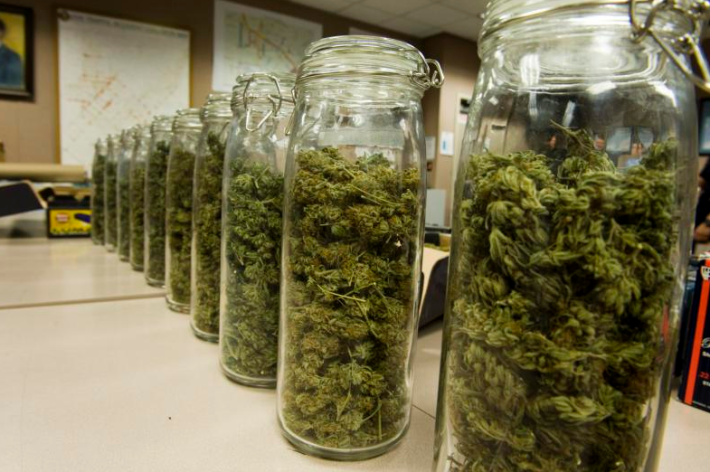
940:
The number of temporary commercial cannabis licenses approved by the city so far, according to the L.A. Department of City Planning. These are distributed between just 155 individual cannabis businesses, most of which hold a retail license to sell both medical and adult-use cannabis. These companies also hold licenses for cultivation, distribution and manufacturing. In fact, each one of these businesses can hold up to eight different temporary approvals from the city.
36:
The number of criminal cases filed by the L.A. City Attorney against illegal operations in the city of Los Angeles. These cases include 142 defendants associated with 32 commercial shops throughout the city, from Sylmar to Gardena, South L.A. to West Adams. “Businesses that flout the city's new cannabis law will be held accountable,” said City Attorney Mike Feuer in a statement. “I urge all property owners and marijuana businesses to follow the law and work with my office and the City’s Department of Cannabis Regulation to avoid facing serious criminal consequences.” To further expand the crackdown, the LAPD will receive an additional $2.3 million for investigation and enforcement against illegal cannabis businesses in the 2018-2019 city budget.
0:
The number of social equity licenses distributed thus far. The social equity program will use an established set of criteria to determine which applicants get priority in the permitting process. Qualifying factors for the program include if an applicant has been arrested for a cannabis-related crime, if he or she lives in a neighborhood with a disproportionate number of cannabis arrests, and if the applicant would be classified as “low income.”
$3 (million):
The total number of cannabis-related tax payments collected by the City’s Office of Finance since January of this year. The bulk of this money however is related to taxes owed from the previous year.
3:
The total number of employees in the Department of Cannabis Regulation. This tiny staff is responsible for overseeing the City’s regulatory rollout and licensing structure. Led by executive director Cat Packer, they are tasked with carrying out all the rules and regulations as adopted by the City Council, processing licenses, coordinating inspections and audits, and collaborating with other city departments such as the LAPD and LAFD to ensure cannabis businesses are up to code. While Packer has received funding approval to hire more than two dozen new employees, the department’s diminutive size for the first six months of rollout, is just one of the reasons for L.A.’s less than rapid regulatory debut.
$20 million:
The revenue the City anticipates receiving from cannabis-related licensing fees and business taxes in the upcoming fiscal year. This doesn’t include additional industry fees or cannabis sales taxes, which are difficult to project, according to the City budget. The total revenue estimate for the City in its first year of legal cannabis is between $30 and $40 million; substantially less than the $50 million anticipated by City Controller Ron Galperin last year.
0:
The number of testing licenses allotted in the city of L.A. so far. Starting July 1, every licensed dispensary in L.A. will have to sell products that undergo laboratory testing for pesticides and other harmful components. As of now, there are no licensed testing facilities in Los Angeles, which means companies will have to take their business outside the city to comply with state-mandated regulations.
RELATED IN CANNABIS CITY:
No One Can Technically Buy Legal Weed in L.A. Today
'It's Been Chill' Since Gray Period Began For Legal Weed in L.A.
